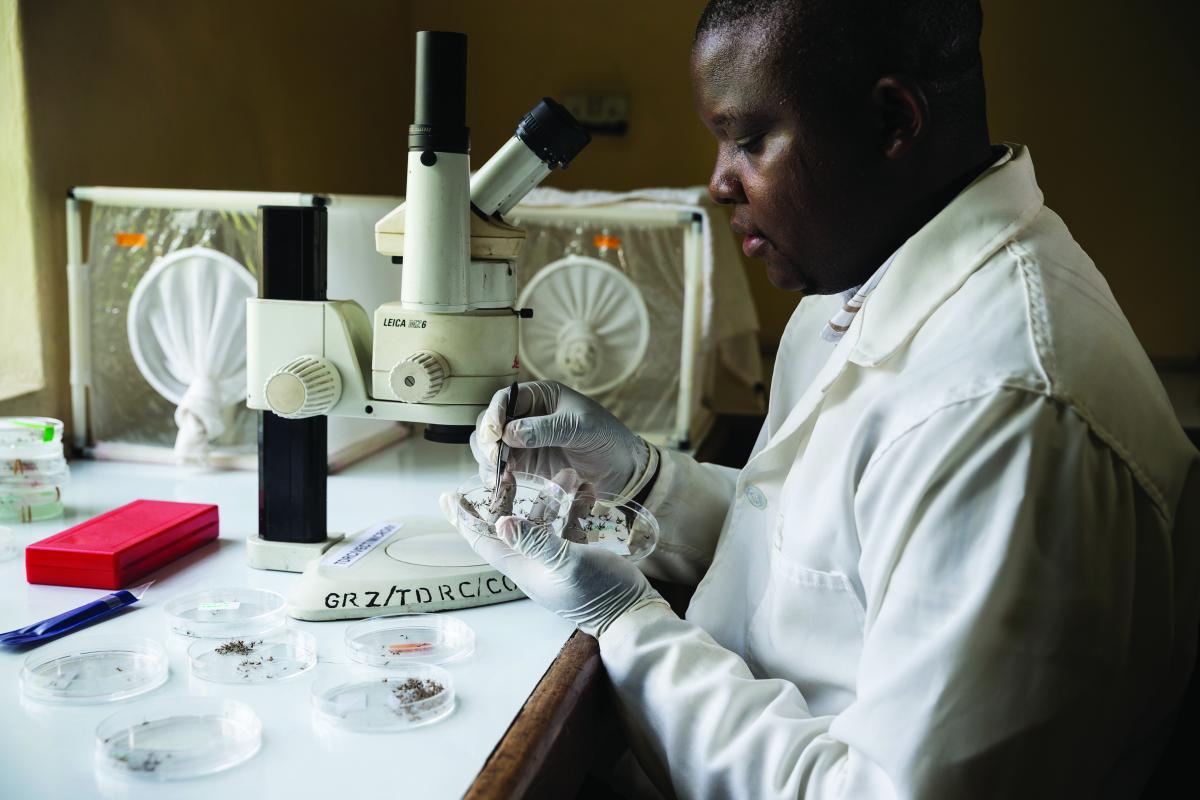Lessons from Malaria Can Help Fight Against Antimicrobial Resistance
Following the G20, Joerg Reinhardt, Chairman of the Novartis Board of Directors, reflects on how to fight rising antimicrobial resistance

How to Fight Antimicrobial Resistance
ZURICH, Switzerland, July 20, 2017/3BL Media/ – Two weeks ago, G20 leaders committed to working together to address one of the world’s most pressing and perplexing security threats: antimicrobial resistance (AMR) – a fierce and evolving adversary against which conventional therapeutic weapons are of no use.
The threat is straightforward: bacteria and other microbes are becoming resistant to available medicines faster than new medicines are being developed. Every year, drug-resistant microbes kill about 700,000 people worldwide – more than three times the annual death toll from armed conflicts.
In 2016, a special panel commissioned by the British government predicted that, by 2050, as many as ten million more people will die from drug-resistant microbes every year. AMR now poses a clear and present danger to every person on the planet. Unless we confront it head-on, we could return to a world in which it is common for people to die from basic infections.
Beyond the cost in human lives, AMR could devastate the world’s economies. In Europe alone, the annual health-care costs and productivity losses associated with AMR already total an estimated €1.5 billion ($1.7 billion).
The G20, for its part, has taken an important step forward. Each G20 country has promised to start implementing national plans to fight AMR in earnest, and to do more to promote new treatments against resistant microbes. To that end, G20 leaders are calling for an international “R&D Collaboration Hub” to “maximize the impact of existing and new anti-microbial basic and clinical research initiatives.” And they have promised to explore how market incentives can be used to encourage new research.
Beyond the G20, innovative public-private partnerships are emerging to deliver new treatments against drug-resistant killers such as tuberculosis. And some governments have already started filling critical roles in the global response to AMR, by collecting data on the spread of resistant strains of E. coli, salmonella, and other common pathogens.
Now it is up to political leaders to follow through on their commitments. Because new treatments for multidrug-resistant microbes aren’t expected to generate much return on investment, it is incumbent upon governments to make research and development in this field more attractive to private companies, and, in order to stem the development of resistance, to ensure that new drugs are not overused...
Read the full Op-ed here, on Project Syndicate

